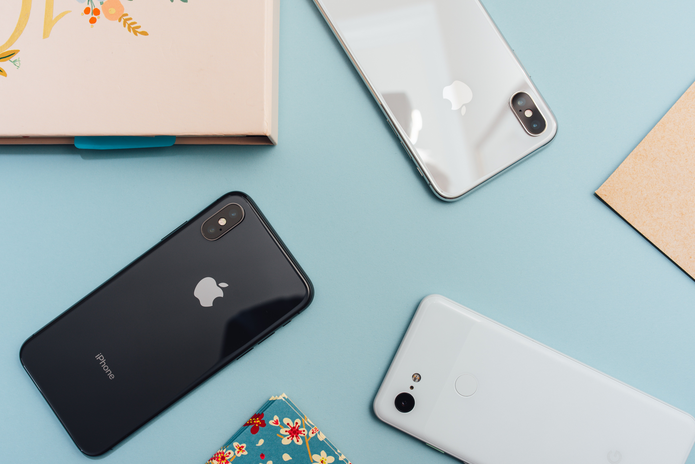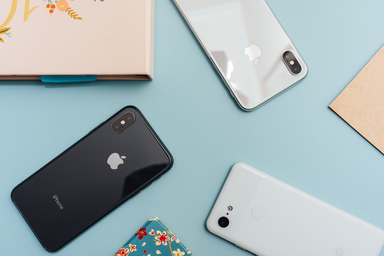Taking Your Head Out of the iCloud
I’ll be the first to admit that I’m guilty of being “addicted” to social media. I’ve caught myself scrolling through Instagram in bed for what feels like a few minutes, to suddenly look and realize that it has been hours. Or worse, I’ll waste valuable study time scrolling through Snapchat stories just to get serious FOMO and absolutely no work done. Why is it that our whole generation has become obsessed with what we see through a screen, and even worse, obsessed with the image of ourselves we portray through these medias? What we don’t realize is that social media can have numerous negative effects on our mental health. This past summer, I decided to take a week long social media cleanse while I was away in Nicaragua on a mission trip. It was then that I realized just how much time I wasted on the internet and I asked myself, “Why am I letting this influence my life so much?” Though being away during my cleanse helped distract me, I’m determined to keep taking regular breaks from my media handles. I use these cleanses as an opportunity to clear my mind, make new goals and try something new and fun.
Here are just a few of the many negative effects social media can have on our mental health:
1. It makes us compare our lives with others
This summer, I hated scrolling through Snapchat because I knew watching the stories of all my college friends in foreign countries or on gorgeous beaches would make me instantly jealous. Whether we realize we are doing it or not while we are on our medias, we fall into this inevitable trap of making judgments on other people and on ourselves. We try to compare our experiences, outfits, body types and relationships with the ones we see online. It makes us believe that we have to constantly showcase our lives in the best possible light to others, and so we get anxious when we’re not portraying ourselves as cool enough, pretty enough or fun enough. We question our looks and abilities just by looking at what other people post, and seriously hurt our self esteem in the process.
2. Social media is surface level
No matter if it is Facebook, Instagram, or Snapchat, we want to make ourselves look as glamorous, happy and carefree on social media as possible. Now, don’t get me wrong, there is nothing wrong with posting a picture of yourself on the beach in the summer, and I’m not saying I want people ranting about their life issues on Facebook, but I am saying that social media takes away from the authenticity of our lives. We try to “get to know” one another based on VSCO filters and geotags, instead of real relationships. Trust me, you can’t learn about the talents, the doubts, the fears, the dreams and all the other amazing qualities of a person just by judging their feeds.
3. It’s distracting and addictive
There’s nothing wrong with a study break, but it is so easy to find yourself scrolling through pictures for countless minutes instead of just staying on task with your work. It’s easy to do and it’s easy to get wrapped into once you start. Unfortunately, seeing what your best friend is doing on Snapchat isn’t going to help you ace your accounting test. So for an alternative study break, try taking a walk around your study area, having a snack, or just stretching.
Now that we know why social media can ultimately be harmful for our mental health and our work ethic, here are some tips on how to take a break:
1. Decide when you want to take a break and for how long. Just saying “you’ll do it,” is worthless. You need to give yourself some structure and a timeline, so that you’re motivated to stay off it, knowing it’s not permanent.
2. Choose when to log off intentionally. Maybe it’s the week of finals, or maybe you are home for break and want to devote your attention to your family. Whatever it is, choose it wisely, that way you remember why you’re taking a break and why it will help you and your mental health.
3. Tell your friends and family that you’re a taking a break, that way you’re not bombarded by “why haven’t you liked my photo” or “why don’t you post anything anymore?” If you tell them, they will know to not bother you or expect you to respond to them online.
4. Remind yourself why you are taking a break. Use this time off to positively remind yourself of all the other amazing parts of life that do not involve technology: real relationships, reading a book, listening to your favorite music, experiencing the outdoors, etc. There’s so much more to life than what we see on a screen. Go out and LIVE, and experience the freedom you’ll feel from logging off!

